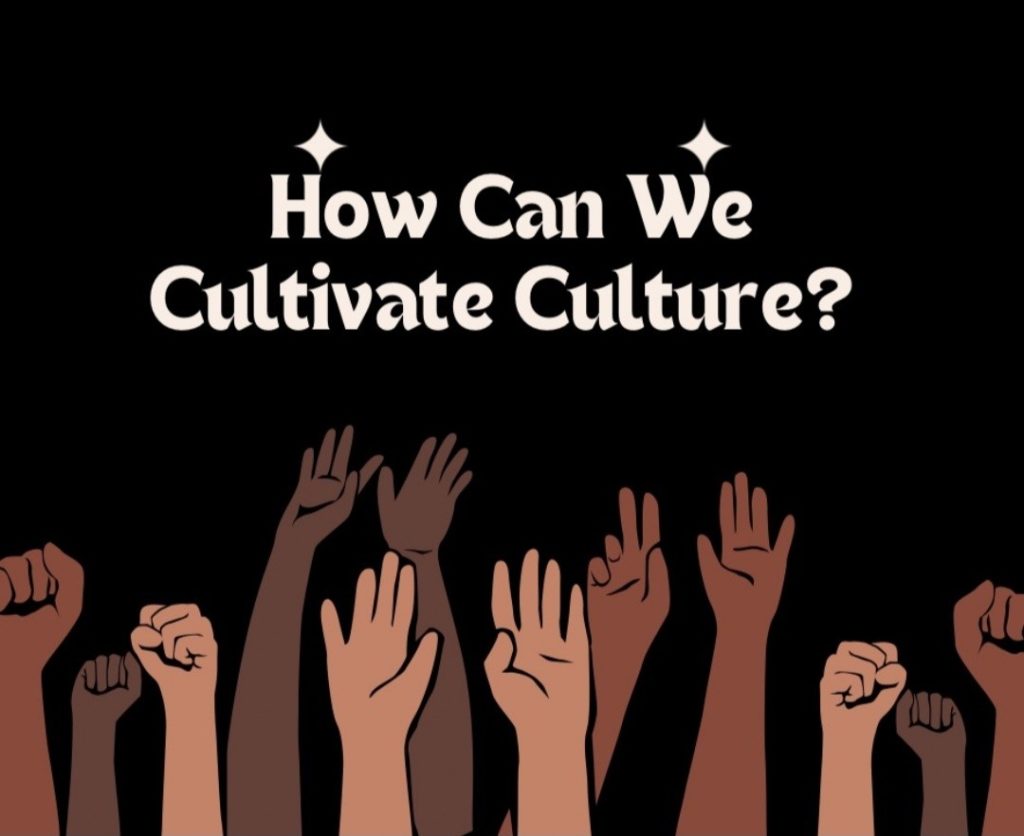Black History Month was officially recognized by the American government only forty-six years ago in 1976. Even though countless African Americans fought continuously for their and their ancestor’s accomplishments to be celebrated, the government took far too long to honor them. In order to preserve the foundation that those who came before us built, we must do more for Black History Month, especially in America. Countries like Canada and the United Kingdom celebrate Black History Month, but it originated in America. Whether it be a college campus, workplace, or organization, everyone should feel able to respectfully celebrate their culture. Past generations did all that they could to ensure the validity and longevity of Black History Month for generations to come. How can we, the American people, ensure that their work does not go unnoticed? What more can be done to stress the significance of Black History Month on the American people today?
The concept of positively celebrating blackness post-slavery was spearheaded by Carter G. Woodson. He formed the Association for the Study of Negro Life and History (ASNLH). Woodson found his niche in promoting and encouraging others to promote black scholars in the The Journal of Negro History, but he had bigger visions for the future. Negro Achievement Week, established in 1924, was designed to celebrate African American literature and history. His efforts gained recognition and would go on to be the basis of Black History Month decades later. As stated in asalh.org, “By the late 1960s, as young blacks on college campuses became increasingly conscious of links with Africa, Black History Month replaced Negro History Week at a quickening pace. Within the Association, younger intellectuals, part of the awakening, prodded Woodson’s organization to change with the times.”
With a pioneer such as Carter G. Woodson, we would be remiss if we let his efforts go to waste. Every year, the ASNLH decides a theme for Black History Month. This year’s theme is black health and wellness. Reading up on former civil rights activists or attending events offered on campus are ways to engage in Black History Month. It is easy to get distracted with other engagements, and let the shortest months of the year fly by. We must recognize and utilize the resources we have available. To treat February like any other month, undermines the goal of Black History Month.
Social media has become a driving force for activism. People can look up events near them or research on their own, however, it is not enough to merely observe the month. Actively participating is imperative so that future generations can keep the standard for February high. Making memories and traditions that encompass Black History Month is a way to safeguard its historical significance. Lonnie Bunch, the first African American to serve as head of the Smithsonian, served as the founding director of the National Museum of African American History and Culture for fourteen years. According to nmaahc.si.edu, “The communal nature of black life has provided substance, guidance, and comfort for generations. And though our communities are quite diverse, it is our common heritage that continues to hold us together.” Bunch published these thoughts in an article in 2015, but it is a message that still applies today. There are many facets in life that divide us. If we work to uphold the original essence of Black History Month it will bring us together. African American history is devastating, but it is also triumphant. Not only during February, but throughout the year we have something to celebrate.

